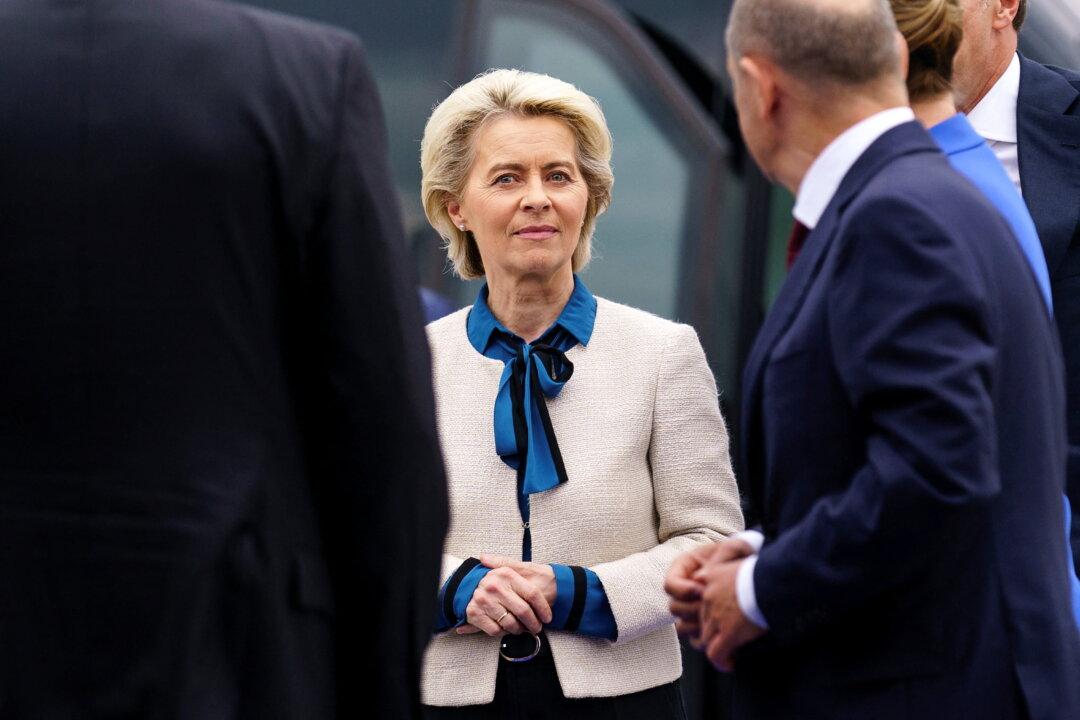European leaders are looking for a way to forge their own future as the Chinese regime continues to seek to “drive a wedge” between Europe and the United States, according to one European parliamentarian.
While leaders of the European Union are wary of the threat posed by communist China, Europe as a whole doesn’t advocate the wholesale decoupling of Sino–European relations often encouraged by U.S. lawmakers, according to Reinhard Butikofer, a member of the European Parliament.




